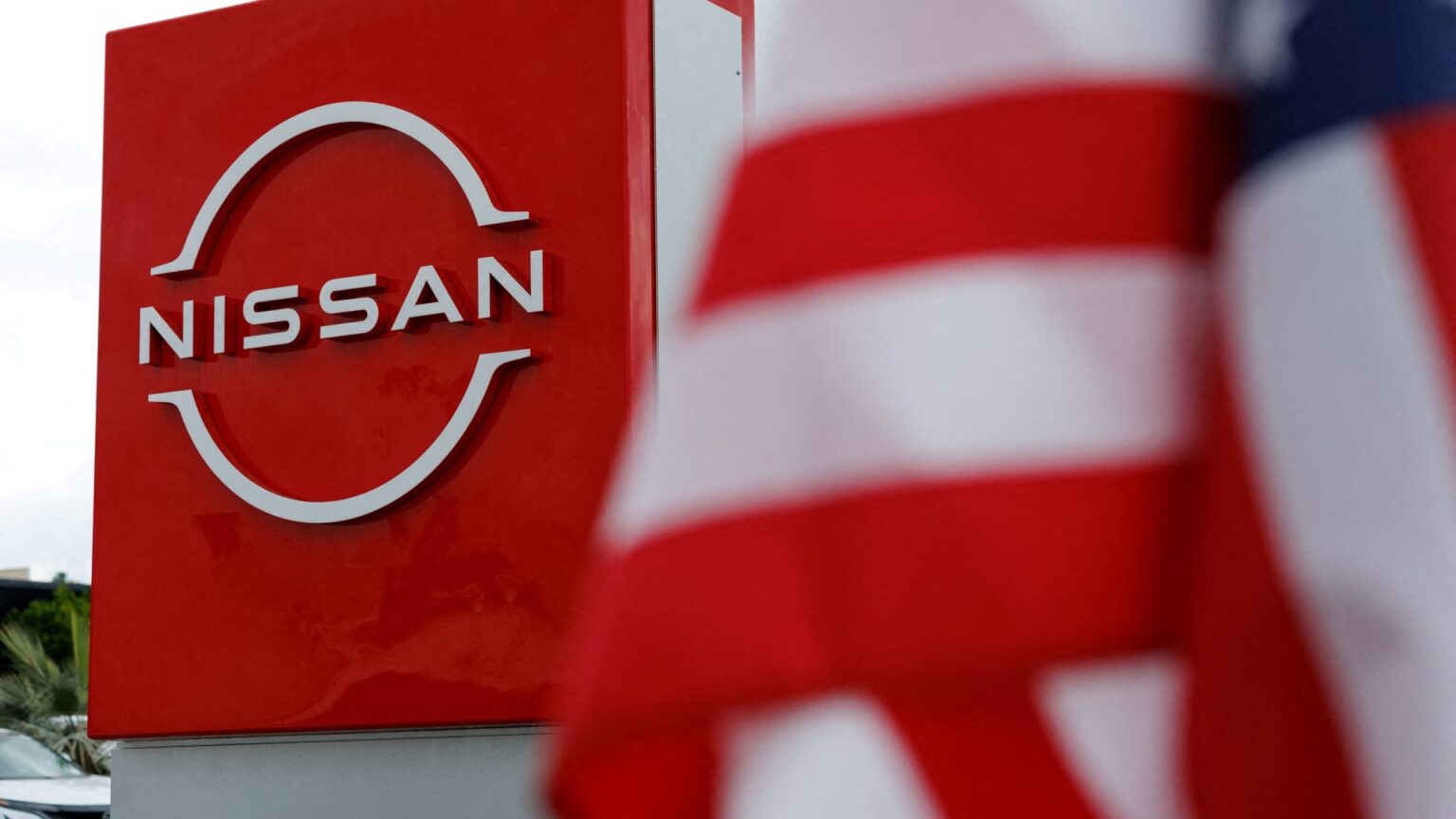Nissan Aims to Maximize Production Amid Tariffs
FILE PHOTO: The American flag flutters at a Nissan automobile dealership in Irvine, California, U.S., March 27, 2025. Mike Blake | Reuters
Strategic Production Goals in Response to Tariffs
Christian Meunier, the newly appointed chairman of Nissan Americas, has articulated the company’s intention to fully utilize its largest production facility in the U.S. in light of President Donald Trump’s imposed 25% tariffs on vehicles. Speaking in a virtual interview with CNBC, Meunier highlighted the urgency of enhancing domestic manufacturing capabilities, particularly to improve Nissan’s challenging performance in the U.S. market.
“We have big facilities, big capacities and today we don’t have max capacity. We still have more room to improve our capacity,” stated Meunier.
Focus on the Smyrna Plant
Nissan’s Smyrna, Tennessee, facility, spanning 6 million square feet, stands at the forefront of this strategy. Meunier indicated that the plant has the potential to produce 640,000 vehicles annually across three shifts. Last year, it operated on two shifts, producing over 314,500 vehicles with approximately 5,700 employees.
Meunier reinforced his ambition to restore the Smyrna plant’s status as a production powerhouse.
“That’s my ultimate goal … to get the plant full and make a lot of money again,” he noted.
While Meunier did not specify a timeline for reaching maximum output at Smyrna, he acknowledged the necessary transitions involved in adjusting production plans, emphasizing that changes won’t occur overnight.
Future Production Plans
The automaker is also contemplating the addition of hybrid vehicles and an Infiniti model to the Smyrna lineup. Furthermore, Meunier pointed out that Nissan is evaluating strategies to boost the production of powertrain components and increase the domestic content of its vehicles.
“The good thing is, we have flexibility. We have an ability to accelerate and do things faster than we would have normally,” said Meunier.
He previously initiated these plans in anticipation of the tariffs, believing that increasing localization is essential for the company’s growth.
Impact of Tariffs on Production Goals
Tariffs on imported vehicles have been established since April 3, with additional tariffs on auto parts set to come into effect by May 3. Meunier cautioned that the impending tariffs on auto parts could adversely affect Nissan’s operations and its objectives.
“Hopefully there will be solutions that don’t hurt completely, to a full extent at 25% because that’s a lot,” he expressed.
Nissan’s Manufacturing Footprint in the U.S.
Nissan operates two assembly plants in Mexico, producing various models, including the Kicks and Versa. In 2024, it reportedly manufactured approximately 670,000 units in Mexico, out of which over 456,000 were exported.
In the U.S., Nissan’s production capabilities boast over 1 million vehicles annually, alongside significant engine and component production. In 2024 alone, the company manufactured about 525,600 vehicles across its U.S. facilities, which include the Smyrna and a powertrain plant in Tennessee, as well as another large assembly plant in Canton, Mississippi.
Challenges and Opportunities Ahead
Amidst recent difficulties, Nissan has lowered prices on some models like the Rogue and Pathfinder, adjusting by $640 to nearly $2,000 in response to tariff impacts. Additionally, the company has paused new orders for specific luxury models produced in Mexico.
Despite these challenges, Meunier remains optimistic about Nissan’s trajectory, citing a solid plan and promising products in the pipeline that are expected to revitalize the brand.
“Nissan has struggled a little bit lately, but we have a good plan,” he concluded.
